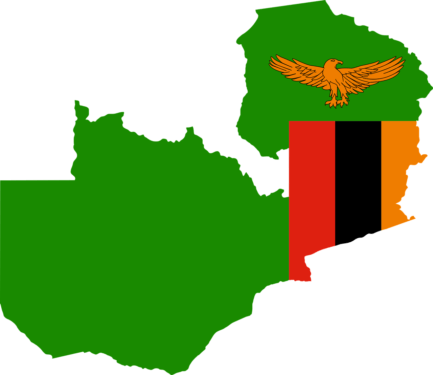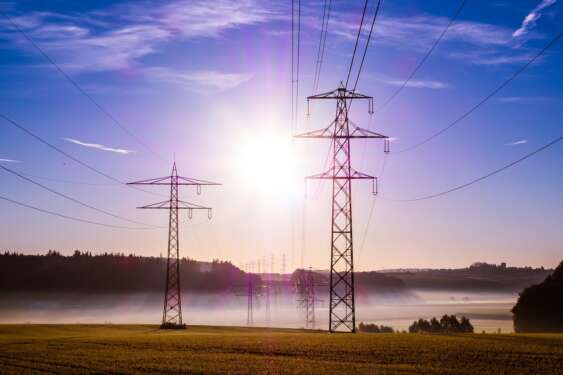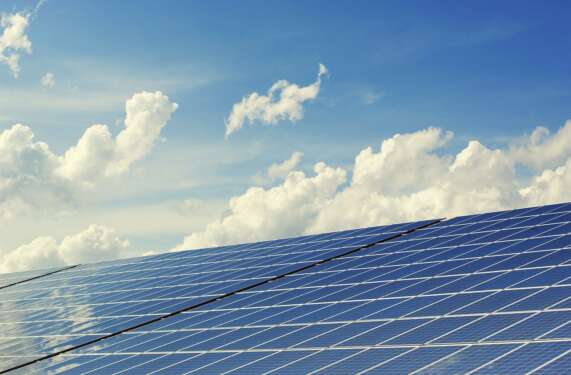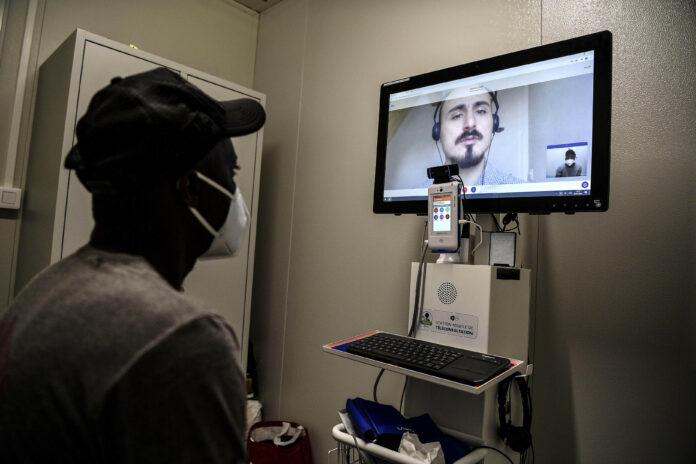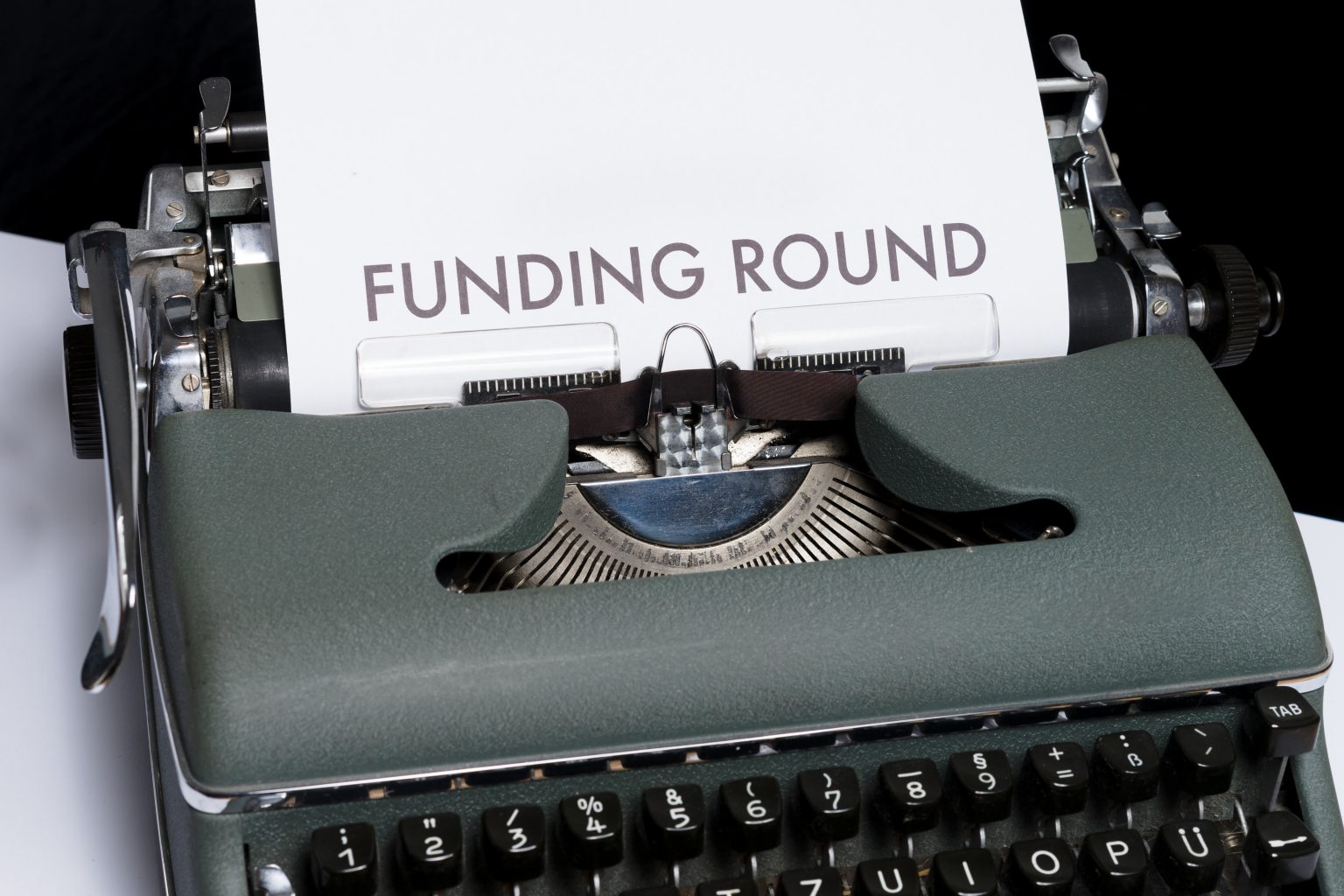- Libya joins Afreximbank and lines up mega projects to advance intra-African trade
- How Africa’s critical minerals is vital engine of regional growth and integration
- Strength in struggle: A Ugandan mpox survivor’s tale
- AFIS 2024: Here’s how we can grow Africa’s unicorns and gazelles
- African Energy 2024: Surging investment, waves of change
- AIM Congress 2025: Competition opens doors for Africa’s top tech innovators
- Zimbabwe rolls out $24M project to reduce use of mercury in gold mines
- Zambia secures $184M IMF support as economic growth set to decline to 1.2 per cent
Author: Evelyn Shumba
Evelyn is a finance and business content writer with a passion for business news in Africa. Her expertise is in analyzing African equities and telling the truth when it comes to doing business on the continent!
China Development Bank
The Zambian government announced an agreement with the China Development Bank (CDB) to defer a loan repayment that fell due in October 2020. The terms of the deal include a halt on interest payment for six months, with payment of interest expected to resume in April 2021. The principal due was also postponed and will be rescheduled over the entire loan period. Chinese lenders are not known for their flexibility which is why the deal comes as a welcome shock.
I’m glad to learn that China Development Bank has reached a debt deferral agreement with Zambia. This fully shows that in addition to official creditors, other Chinese financial institutions are also actively resolving the debt issue of Zambia and other African countries.
Wu Peng, Director-General, Department of African Affairs, MFA, China on Twitter
The government did not, however, disclose the size of the debt or the …
State power utility Eskom reported a loss amounting to ZAR 20.5 billion ($1.2bil) for the financial year 2020. The power producers generated revenue to the tune of R200billion($12.3bil) which failed to match up to the previous year’s revenue by 1.29%. The poor results were attributed to challenges in capacity and untenable economic climate.
The major contributing factor to the huge loss position can be traced to finance costs which came up at ZAR 31.3billion ($1.9bil). The costs in question were related to servicing a debt of ZAR 483 billion($25bil) which the company is struggling to reduce.
The heavy debt position for Eskom is particularly distressing for South Africa as the South African government is the largest guarantor for Eskom’s debt. Eskom has also been a recipient of government bailout funding set at ZAR138 billion($8.4bil) until 2022. This heavily places a burden on the country’s budget and is a significant threat …
GreenCo Power Services, a subsidiary of Africa GreenCo has received a total of USD 1.5 million through two deals. The Danish government’s Investment Fund for Developing Countries (IFU) has committed $1 million in funding. InfraCo Africa, the investment arm of the Private Infrastructure Development Group also put in $500 000 through a convertible loan.
The deal will see GreenCo Power services come to life to strengthen power generation capacity. Renewable energy generation will provide an innovative approach to electricity production which is set to drive Zambia’s power infrastructure significantly.
The Zambian government is on the path to scaling up energy which ties in with the country’s vision to be a prosperous middle-income country by 2030. As part of its vision, the country intends to shore up energy availability to drive productivity in the country. This deal will therefore see GreenCo acting as a complementary partner to the Zambian government’s vision. …
The US and China, two of the world's biggest superpowers, are currently in the midst of a trade war. The battle centres around the uneven trade deficit between the two countries. While Africa may not be a direct participant of the war, there is a risk of the continent getting caught in the crossfire.
The Titans At War
In 1995, the US-China trade deficit stood at around $45 billion in favour of China. By 2018, the trade deficit had reached approximately $420 billion.
The ballooning deficit triggered a response from the American administration which accused China of unfair trade practices and intellectual property theft. Both parties threw words, tariffs and tweets in each other's direction. Truce talks have provided periodic calm periods in between the storm. Both economies have suffered in the process recording significant declines in exports, income and local business activity. The rest of
Imagine an Africa where farmers can detect parasites in their livestock by a simple scan of a handheld machine. Where road networks allow swift transportation of produce to markets. Where farmers can access finance and be adequately insured against natural disasters by a simple click of a button.
The reality across the continent is one of underdeveloped, underserved rural areas. Women dressed in traditional garb carry buckets of water over long distances. There is no electricity or running water and very little internet access. According to World Bank statistics 56% of Africans live in rural communities. Recent trends have shown a high rural to urban migration rate. This migration has resulted in high urban densities, rising crime rates and overcrowding in the urban areas. Neither of these situations is amenable. Which brings into light the need to empower rural communities to support economic resilience in Africa.
Also Read: COVID-19
The African continent takes pride in its rich natural resources. The continent boasts of a wide range of minerals, oil, gas, and wildlife among many other commodities. Most African economies are heavily dependent on these resources. Revenue for most is mainly commodity-driven for example, Botswana’s diamonds make up 90% of the country's total exports. In Nigeria, oil accounts for more than 80% of exports and Zambia is reliant on its copper mines for 70% of its exports.
In the majority of cases, African countries are net exporters of the raw commodity making them more vulnerable to the price shocks and changes in demand. Facilitating trade within Africa may be the roadmap to unlocking Africa’s economic potential.
Also Read: All eyes on EAC border points as massive delays bite | KenTrade
Two of Africa’s largest trading partners, the US and China, have been dueling for world economic dominance. There
The UK-based development finance institution and impact investor, CDC, invested $40 million dollars into Liquid Telecom. The deal is part of an equity arrangement initially structured in 2018 when the CDC made a $180 million dollar transaction.
The investment will fund the expansion of Liquid Telecoms, Africa Data Centres with the aim of positioning the company as the top data center operation in Africa.
Data centers reduce costs for businesses by offering affordable data storage. In addition, the development of software as a service (Saas) applications will spur innovation and increased activities in start-ups as it allows for improved delivery of software such as office software, payroll processing, collaboration tools, and human resource management among others.
Liquid Telecom is a communications solutions provider that offers independent fiber, data centers, and cloud technology. It operates across sub-Saharan Africa with a footprint in 13 countries. The company has built the largest fiber …
A South African health-tech company Udok has sealed $613 000 (ZAR 10 million) in Venture Capital funding from FinX capital.
The money raised will be used to spearhead expansion. The Capetown-based startup has partnered with Clicks Stores to provide consultations in Click’s pharmacy clinics. With Clicks being one of the largest pharmacy retailers in South Africa, this will give the firm access to a large clientele base. (www.sullivansusa.net)
The company also plans to roll out laboratory testing using the Clicks network to provide lower-cost testing services for patients. Currently, the costs of laboratory testing are above the reach of many.
Founded in 2018, Udok enables individuals to access healthcare services via a digital platform. This includes virtual consultations with doctors, receiving prescriptions, and getting access to remote admissions.
The company uses smart technology for examinations during the consultation and allows users to access their health records from anywhere. …
Winners of the 2020 edition of the Private Equity Awards Africa are set to be announced on 19 November 2020. There are 19 African focused private equity firms in the running for the house of the year position.
In the previous year’s awards, the house of the year award went to Development Partners International, a firm that manages over US$1.6 billion in pan-African private equity.
Several other subcategories will rate private equity firms in terms of deal size, the exit of the year, debt and infrastructure, and a portfolio company of the year. The competition also includes a category for the best advisors and fund administrators.
The London Business School Private Equity Institute in conjunction with the private equity awards advisory panel will make recommendations for the deserving winners.
The ultimate winners will be chosen by an autonomous panel of judges which comprises some of the …
The European Union included four African countries in its list of countries that it says pose significant threats to the financial system of the union. Uganda stayed put on the list while Ethiopia and Tunisia were dropped because of reforms they have made in tackling money laundering and terrorist funding.
The list which was published earlier this year came into effect on the 1st of October. Included on the list are Botswana, Ghana, Zimbabwe, and Mauritius. These jurisdictions fall under the category of high-risk countries that’s show “strategic deficiencies” in their anti-money laundering and counter-terrorist financing framework.
Spotlight on Mauritius
Notable on this list is Mauritius which is a vibrant International Financial Center and has been considered the best jurisdiction to direct investments into Africa. Mauritius has tax treaties with about 18 countries on the continent
The EU acting on the findings of the Financial Action Task Force found Mauritius …





